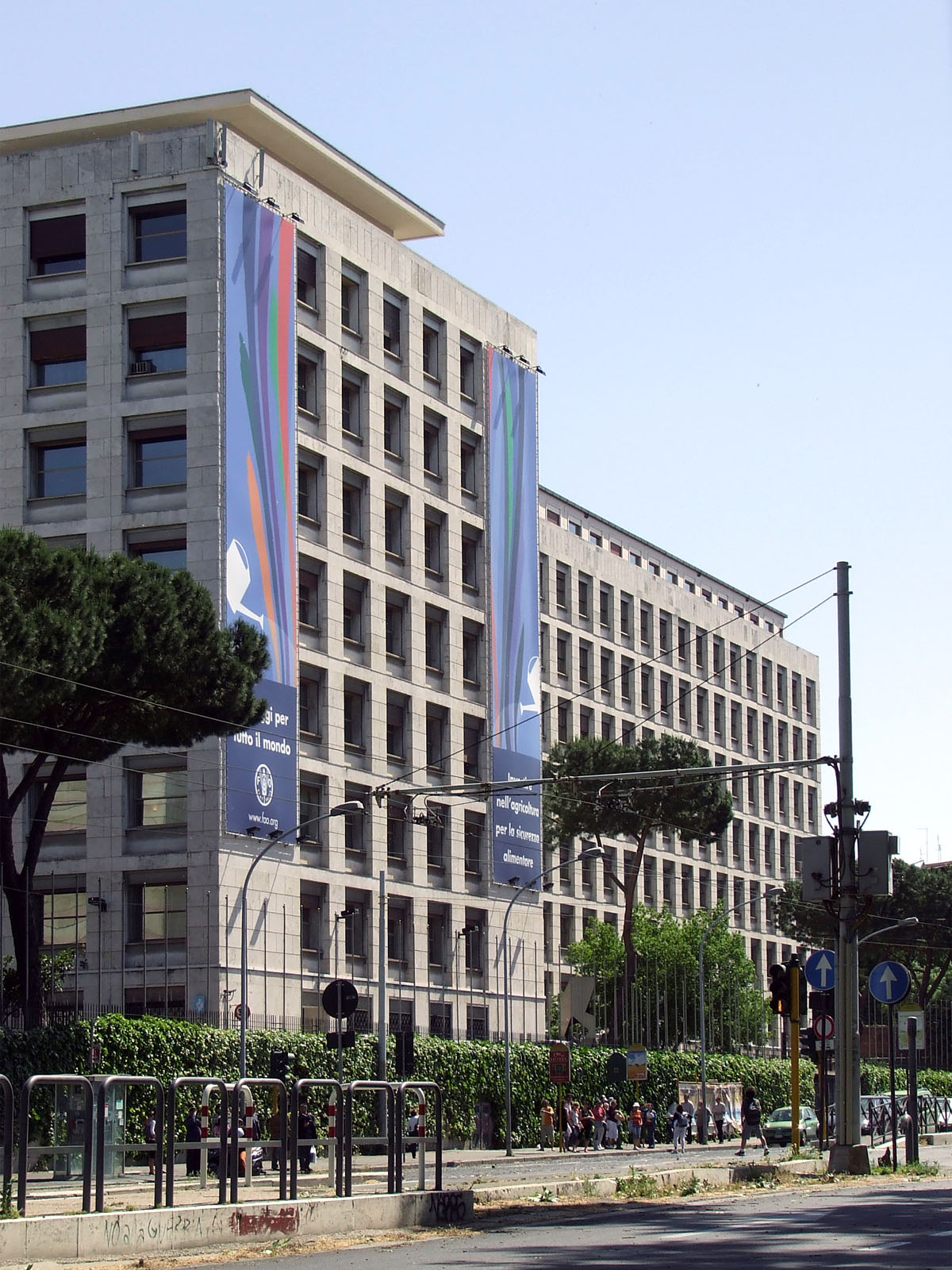What is Donau Soja organizing with EIT Food? Is the Ministry helping agriculture by investing in a new project to combat antimicrobial resistance? Find out about this and the next news below.
Donau Soja (Oh, Boy-a)
The conference entitled “Ready for new EU regulations: The perspective of regenerative agriculture” will be held on November 5, 2024 in Novi Sad, organized by the association Donau Soja and EIT Food. The aim of this conference is to raise awareness of the new regulations of the European Union in the light of the green transition and the preparation of the agricultural sector of Serbia and the region for these changes. The key topic will be sustainable, regenerative agriculture, which is considered an essential factor in the fight against climate change. The conference will focus on examples of good practice and the role of leaders in the agricultural sector in the implementation of sustainable development goals.
EIT Food, as part of the European Institute for Innovation and Technology, aims to create an environment that fosters innovation and entrepreneurship in the agricultural sector across Europe. The focus of this program is to support farmers in transitioning to regenerative agricultural practices in order to respond to challenges related to climate change and food security. Donau Soja, a non-profit association based in Vienna, also supports this transition by promoting sustainable, GMO-free soy production, with regional offices in Serbia, Ukraine and Moldova.

Resistance, sugar, incentives, aflatoxin…
In parallel with this, the Ministry of Agriculture of Serbia, together with the Food and Agriculture Organization of the United Nations (FAO), is starting a project to combat antimicrobial resistance in agriculture, worth about 120 thousand dollars. This project will improve the control of antimicrobial resistance in food and export processes. This will ensure greater food safety in accordance with European standards. The financing of the project is fully provided by FAO. Its goal is to harmonize Serbia’s policy with the policies of the European Union in the field of health and food safety.
Unfavorable weather conditions, especially the prolonged drought, had a negative impact on this year’s sugar beet crop in Serbia. Yields vary depending on the location, but rarely reach 60 tons per hectare, which is significantly less than the usual results. The company “Sunoko”, which manages sugar mills in Pećinci, Kovačica and Vrbas, announced that, despite lower yields, there will be no shortage of sugar on the domestic market, nor is an increase in prices expected. Although sugar beet yields have decreased, some producers have achieved better results and expect profits.

Also, the Ministry of Agriculture announced a new public call. The one in question is related to the submission of requests for incentives for investments in the physical assets of agricultural farms, including the purchase of new machines and equipment for the improvement of animal husbandry. Requests are submitted from October 18 to November 2, 2024 through the eAgrar platform. The largest amount of incentives that farmers can receive is 1,500,000 dinars.
In the end, the Ministry of Agriculture decided to maintain the current limit value of aflatoxin M1 in raw milk of 0.25 μg/kg. The information was disclosed even though there were speculations about lowering this value. The standard will remain in force until December 2025, in line with measures to reduce aflatoxin levels in milk. This level is in line with world standards applied by countries such as the USA, China and Russia.
Source: boljazemlja.com


